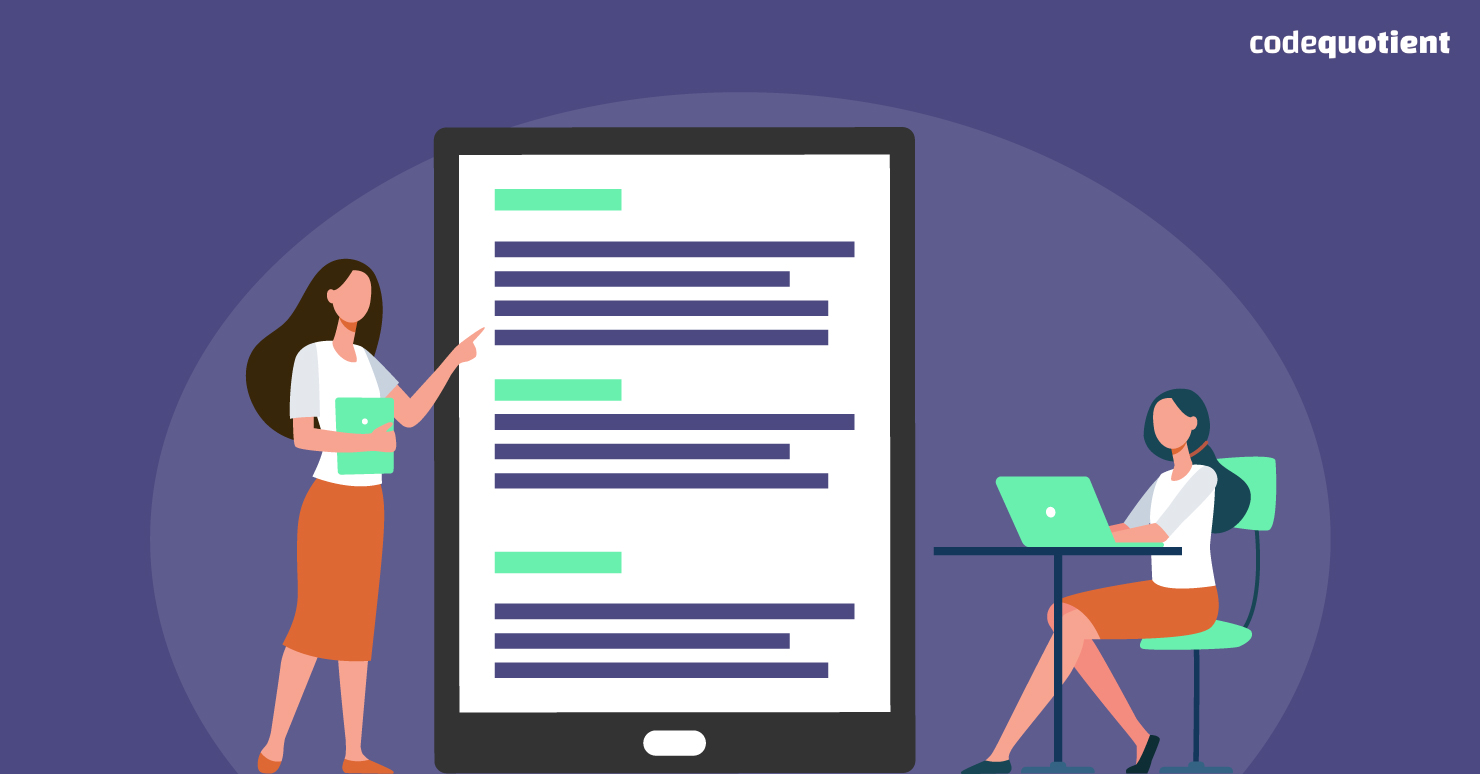Thanks to the penetration of EdTech into every household, which is one of the upsides of the recent pandemic, EdTech is no longer an alien term.
Now, when life seems back to normal with educational institutions fully functional like before and most students acquainted with the taste of EdTech, are we ready to witness an evolution in learning?
I’m afraid we cannot expect such miracles any soon. Am I being pessimistic? Not at all.
Then, what makes me think so? Please let me dig deep into the details by confining myself to the Indian education system.
Let’s Talk Traditional Education System

While there has been tremendous growth in the number of schools and teaching methods since Independence, it’s a paining truth that Indian education is considered subpar to that of many countries.
Lack of funding and infrastructure, the dearth in the availability of eminent teachers, politics and reservation system that limit the learning opportunities after +2 level, the cost of higher learning, and the inefficacy of the syllabi in equipping students to be industry-ready are some of the reasons of the notoriety of traditional Indian education system.
The primary focus on marks, assessments that do not cater to measuring the cognitive capabilities of children, and theory-based teaching with a blind eye to experimentation and research worsen the current state of the Indian education system.
Moreover, the lack of an insufficient number of seats and a reservation system limiting the learning opportunities lead to the influx of students to other countries.
According to the Ministry of External Affairs, the number of students that went abroad in 2020 and 2021 is 2,61,406 and 71,769, respectively.
Additionally, the inadequate pay packages and the limited scope for research are the silent killers of passion in enthusiastic teachers that drive them towards other professions.
Did you know that the average salary of teachers in India is ₹19,174 per month? This might not be very appealing to the new-gen teaching enthusiasts. Result? They migrate to start their career in other fields that offer lucrative pay.
What do I think of EdTech?
Till the introduction of EdTech, many concepts were limited to black and white on the books and classroom boards. EdTech gave wings to students’ imagination and satiated their love and curiosity to explore beyond books. Technology-enabled learning simplified the complex concepts of Maths, Physics, Biology, and more, enabling students to grasp them faster. Consequently, the surge in investments in EdTech, especially post-pandemic, is spiking.
Thus then, it should be all green for EdTech. But that’s not the case. So, where is EdTech failing?
Firstly, e-Learning lacks the personal touch that students need with their peers and teachers.
Then, though the learning technology enjoyed its initial days of charisma, many parents and educators still resist it for various reasons: confining children to digital screens and grabbing away their physical activities, its limited role in imbibing social skills that are paramount for moulding children into wholesome individuals, and of course the hefty price that EdTech costs, which is an added burden to the existing school fee for parents.
Other areas where EdTech scores low, in my observation, are:
- Assessments that test learners holistically.
- Recognition from boards of education.
- Lack of personalisation in teaching resulting in poor engagement.
- Absence of standard guidelines in syllabus design and teachers’ qualifications.
Are progressive results possible with the marriage of the Traditional Educational System and EdTech?
I firmly believe it is possible.
Here’s what I expect and envision about the collaboration of EdTech and conventional learning:
- Government initiatives for embracing Digital in education are a pioneering step to empower schools and colleges with digital learning methodologies.
- Appropriate funding and infrastructure are the need of the hour to change the shape of the traditional education system.
- Experts from both traditional education and EdTech must brainstorm and frame novel pedagogies that blend the teaching approaches of these two systems, thus resulting in robust teaching outcomes.
How does this collaboration benefit students?
In more diverse ways than we can imagine.
Bridges the skill gap
EdTech is highly potent to simplify complex concepts. It helps train and skill-up students in various emerging technologies, thus solidifying their skill sets.
A collaboration between educational institutions and EdTech bridges the skill gap which has been existing since times immemorial in our country.
Equips learners
One of the benefits of EdTech is the play-pause-revisit features where students can attend the same module/chapter till they attain confidence.
In other words, learners become more empowered and ready to tackle real-time challenges with confidence.
EdTech also helps to meet the learning needs of students from diverse backgrounds if the platforms focus on making the courses available in multiple languages and with accessibility features.
Create more brilliant minds
EdTech can become a part of pedagogy and help stir the learners’ passion for subjects. EdTech erases the limitations of traditional teaching and thus creates more brilliant minds that can reimagine the future.
EdTech plus Traditional Learning: A formula that can break the invisible barriers in education
At CodeQuotient, we believe that when we merge technology into traditional education, tremendous possibilities await learners. Our CodeQuotient Academy is born of this vision to bridge the skill gap and enable learners to achieve more. Partner with us to empower your students with the emerging technologies that make them industry-ready.
–Arun Goat, founder of CodeQuotient




